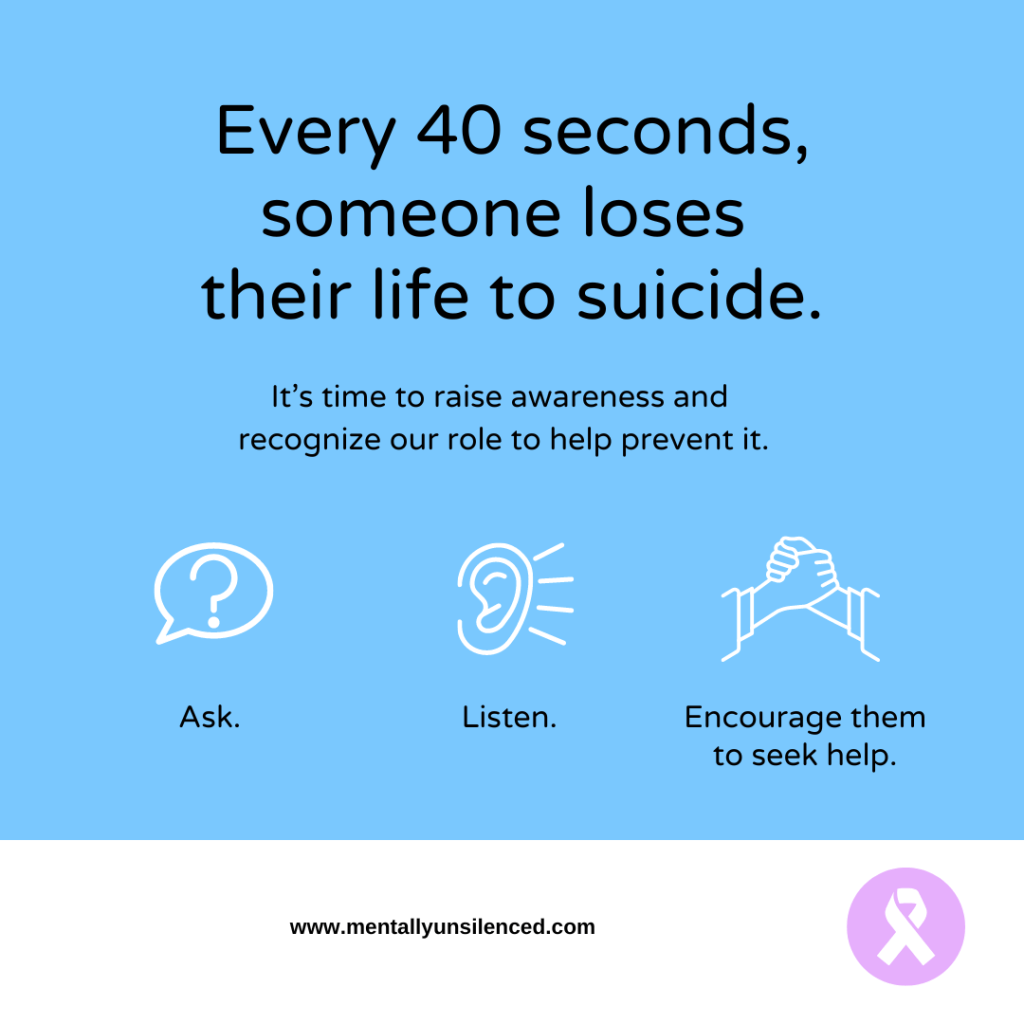
As I peruse through the Kenya Suicide Prevention Strategy 2021 to 2026 that was recently launched by the Ministry of Health, I can’t help but think about how the provisions within this strategy would have come in handy back in 2011 when I attempted suicide.
As a survivor of suicide and as a person with a lived experience of having a mental health condition, I am convinced that this strategy is a step in the right direction, and I have some thoughts on it.
First, I would like to note that the situational analysis provides the global burden of suicide as well as the Kenyan burden of suicide. However, since we lack proper mechanisms when it comes to reporting on cases of suicide, and mental health in general, the data we have as a country is currently not accurate. As a lived experience expert who has for the past three years been involved in initiatives within my community as well as my workplace to tackle mental health stigma, I understand so well that lack of a proper reporting framework will negatively affect policy, infrastructure, legislation, and budgeting in relation to mental health and ultimately suicide prevention.
It is my hope that the Kenya Suicide Prevention Strategy while acknowledging this gap, and proposing strategies to fill this gap, will implement these strategies to the fullest. This is owing to the fact that implementation has always been the hardest part when it comes to addressing key issues in Kenya.
Second, I am happy with the guiding principles and approaches as stipulated in chapter three which is on Strategic Direction. In their totality, these principles are of great importance as they address key gaps in this space. But personally, number five which highlights empowerment and inclusion is of greatest importance. I must note that many times, empowerment, and inclusion have been neglected, with issues of tokenism being the order of the day. However, this is not only a Kenyan problem but a global one.
As a country, we need to learn the value of the perspectives that people with lived experience bring when it comes to issues that affect them. This is true to the saying, “Only the wearer knows where the shoe pinches.” Therefore, tokenism must never be given space in matters of inclusion as this only slows down and even rolls back any strides that have been made. We thus need to be intentional and supportive of the concept of experts by experience by giving lived experience leadership and contribution the priority it deserves.
Third, I opine that the implementation framework is well thought out. What stands out for me is the clear role of persons with lived experience among other key stakeholders. The contribution of experts by experience has clearly been noted in the task of actively developing and reviewing policies, strategies, and advocacy campaigns alongside other key stakeholders, and it is my hope that this will be the practice from start to finish. The time has come for us to listen to perspectives from persons with lived experience.
The implementation framework has also touched on workplace mental health which has thus far been a neglected topic in Kenya. This is an area that I personally relate to on a daily basis, with one of my major challenges is managing my professional life without compromising my mental health and overall well-being.
In Kenya, mental health is still frowned upon by employers and workers alike and this has propagated stigma a notch higher. If well implemented, workplace mental health interventions will go a long way in destigmatizing issues around mental health, encouraging treatment-seeking behavior, and creating safe spaces for setting up peer support systems that are person-centered. People spend most of their time at workplaces therefore, creating, and focusing mental health initiatives at the workplace will undoubtedly improve productivity, reduce high staff turnover, foster help-seeking behavior, reduce medical costs, and ultimately improve the bottom line for organizations. This should serve as an incentive for employers.
Finally, I believe that Kenya is ahead of its peers in terms of dealing with issues around mental health, and this Suicide Prevention Strategy, which is a first in Africa, is proof of that. While it is not perfect, it is a step in the right direction and is set to directly contribute to achieving Sustainable Development Goal 3 which seeks to ensure healthy lives and promote well-being for all at all ages. This, therefore, calls for all stakeholders to put concerted efforts to bring this strategy to fruition. A multisectoral approach is the only way to achieve this.
If you are in Kenya and are experiencing thoughts of suicide here are some contacts you or your loved ones can use.
1. Centre for Suicide Research & Intervention +254 703 388 130,
www.csricentre.org
2. Be Frienders Kenya +254 717 234 621
Leave a Reply